It has been a busy few weeks on the road, Essen, Le Castellet, Zolder, Monza, Le Mans, all in short order. So posting to the blog tends to get lost in the fog of priorities but the beast must be fed.
We are lucky to have David Blumlein on board to dispense automotive wisdom. Listen, learn and enjoy.
John Brooks, April 2011.
Alfa Romeo 33 Stradale.
Alfa Romeo owes its revival in sports car racing in the late Sixties to Carlo Chiti’s T33 sports –racer, powered by a 2-litre V-8. The company wanted to offer the public a taste of what they were achieving on the tracks and the result was this exquisite Stradale version, shown at the 1967 Turin Show. It was designed by Franco Scaglione but only 18 were made.
1928 Mercédès-Benz Nürburg saloon.
A typical product after Benz and Daimler A.G. merged in 1926. Its name celebrated the recently opened Nürburgring circuit on which one of the company’s cars won the first race.
A roadster version took part in the 1929 Alpine Trial driven by future star Rudolph Caracciola.
1934 Mercédès-Benz 130H
Influenced by former Benz engineers, the Stuttgart company experimented with some rear-engined designs in the Thirties and this Type 130 H (Heckmotor – rear-engined) was introduced in 1934 – it did not sell well!
Hanomag Kommissbrot and Rekord
A name largely forgotten nowadays but Hanomag started life in the mid-19th century producing steam locomotives and then trucks, tractors and military vehicles in Hannover. By the Twenties they had turned to petrol vehicles and in 1925 they made the Hanomag 2/10, an open 2-seater with a rear-mounted 500 c.c. single-cylinder water-cooled engine. Because it resembled a loaf of Army bread, it was quickly nicknamed Kommissbrot but it was popular – 15,775 were made.
By the Thirties Hanomag had moved up market and the 1.5 litre Rekord dates from 1938.
1967 Glas 1304T
Hans Glas rose to fame with the introduction of the Goggomobil in 1954 which proved to be a very popular micro car. The Glas range moved up market in the following years with bigger cars using mainly 4-cylinder engines, of which this car is typical. Glas is remembered also for the fact that he was the first to use belt drive for overhead camshafts. BMW took over his Dingolfing factory – today it produces not only BMW cars but also the bodies for Rolls-Royce cars.
Bentley 8-Litre
The top of the range Bentley with a 6-cylinder overhead camshaft engine, designed to compete with the Rolls-Royce Phantom II. Only 100 were produced between 1930 and 1931. This was W.O. Bentley’s own car.
1936 Riley Sprite
The Riley Sprite (1936-1938) was the last of the sporting Rileys before the Second World War, using a developed version of the famous engine with high camshafts and hemispherical head, introduced in the Riley Nine in 1926. Rileys had an enviable reputation in competitions particularly in endurance events. This car has special bodywork by Pourtout and was raced privately in France. The Riley company failed in 1938 and was absorbed into the Nuffield Organisation.
1963 BMW 1500
This model, introduced at the Frankfurt Show in 1961, was the car which saved BMW. The Munich firm was in serious financial trouble by the late Fifties – the market for Isetta bubble cars was declining and the big V-8s were hardly profitable. Fortunately the 1500, with its excellent overhead cam engine, was the right car, at the right time and was an immediate success – all the cars that followed stem from it. It is no exaggeration to say that without the 1500 there would be no BMWs today.
Tatra 603
Hans Ledwinka showed his sensational streamlined Tatra T77 at the 1934 Berlin Show. It had a rear-mounted air-cooled V-8 engine and initially a central driving position. Derivatives followed and when Czechoslovakia fell under Communist control the theme was continued with this, the 603. A team of these cars performed well in the Marathon de la Route at the Nürburgring.
Skoda 1101 Sport
This is the actual car that Skoda raced at Le Mans in1950 but without success. Nationalisation kerbed future ambitions.
1937 Skoda Popular Sport Monte Carlo Coupé
Skoda made advanced cars in the Thirties and this example, one of just 72 made, is a celebration of Skoda’s second in class and eighth overall in the 1936 Monte Carlo Rally. It has not only independent suspension all round but also a transaxle.
Notice the linkage to the rear-mounted gearbox.
Lanz Bulldog
And now, for something completely different! The Bulldog tractor made by Heinrich Lanz in Mannheim from 1921 to 1960 had a single-cylinder horizontal hot bulb engine whose capacity was gradually increased over the years from 6.3-litres to 10.9-litres. No wonder it needed a large flywheel! It was very popular in Germany and some 220,000 were made.
David Blumlein, April 2011

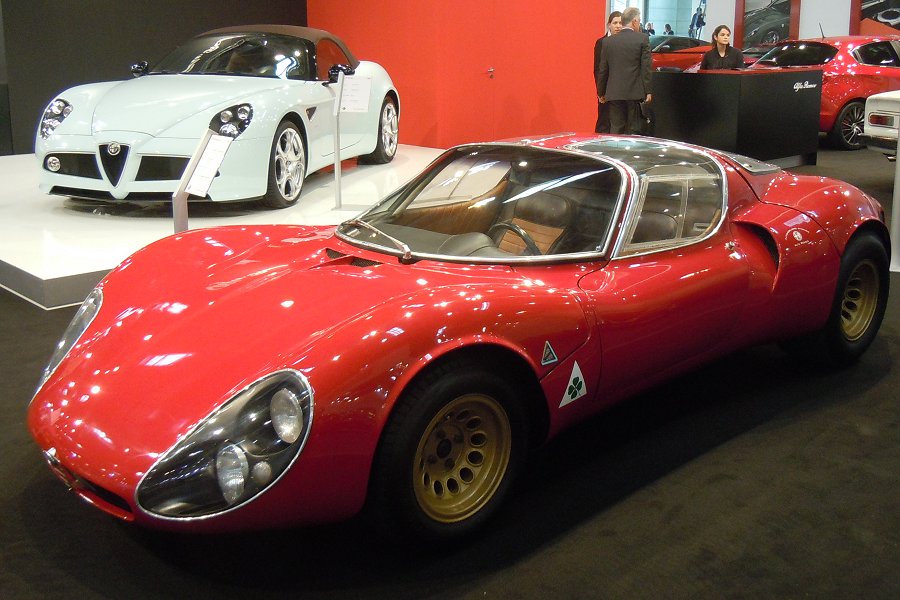

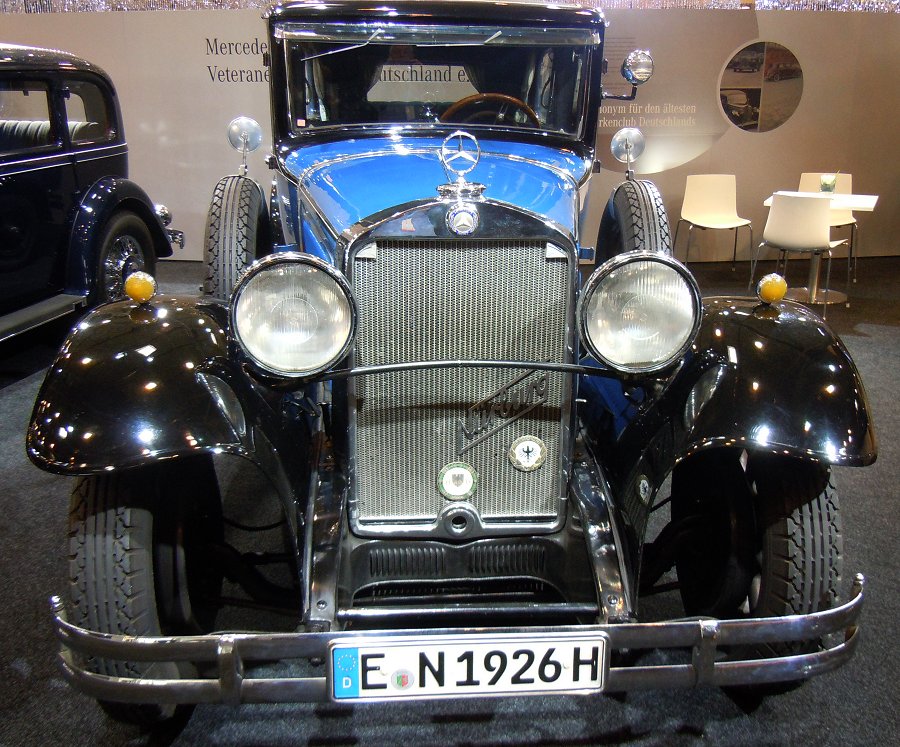
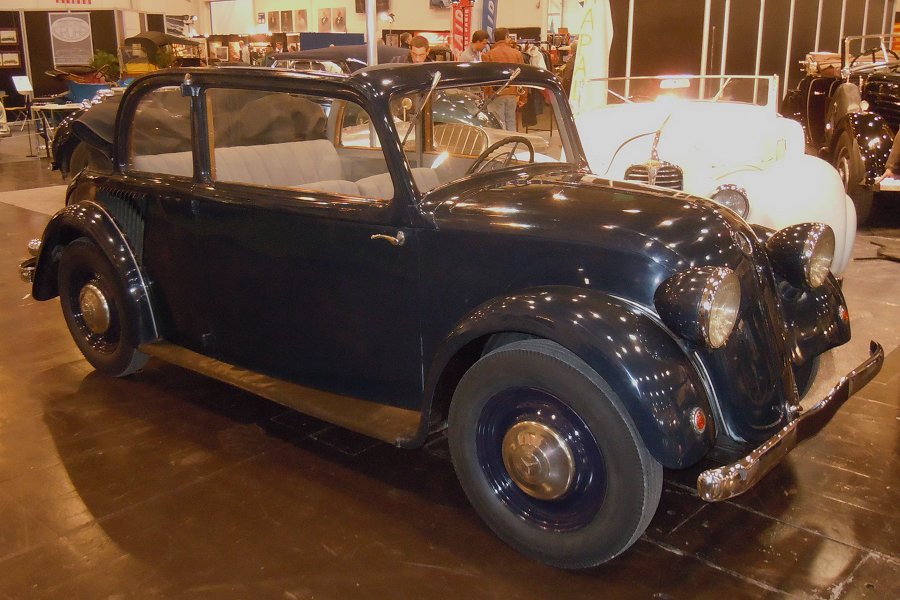
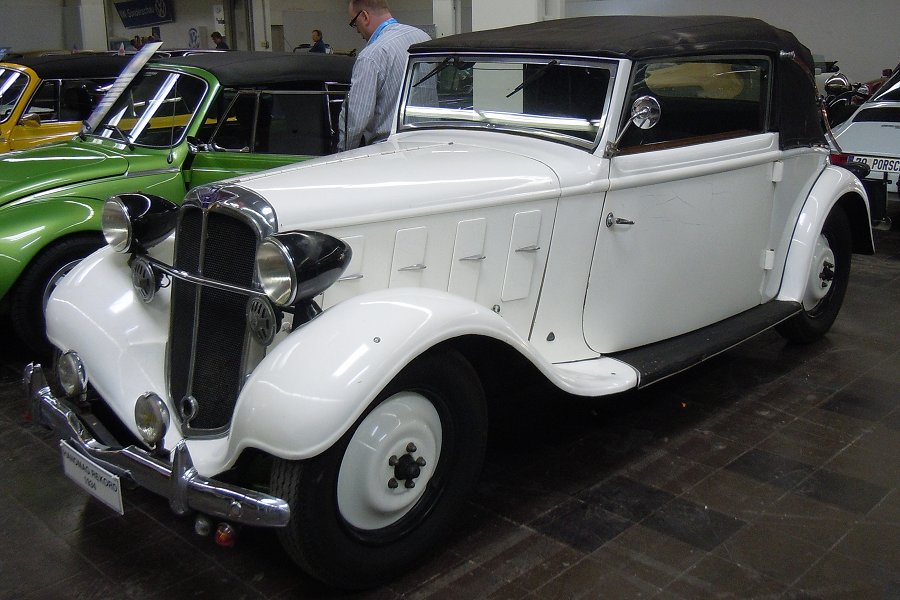
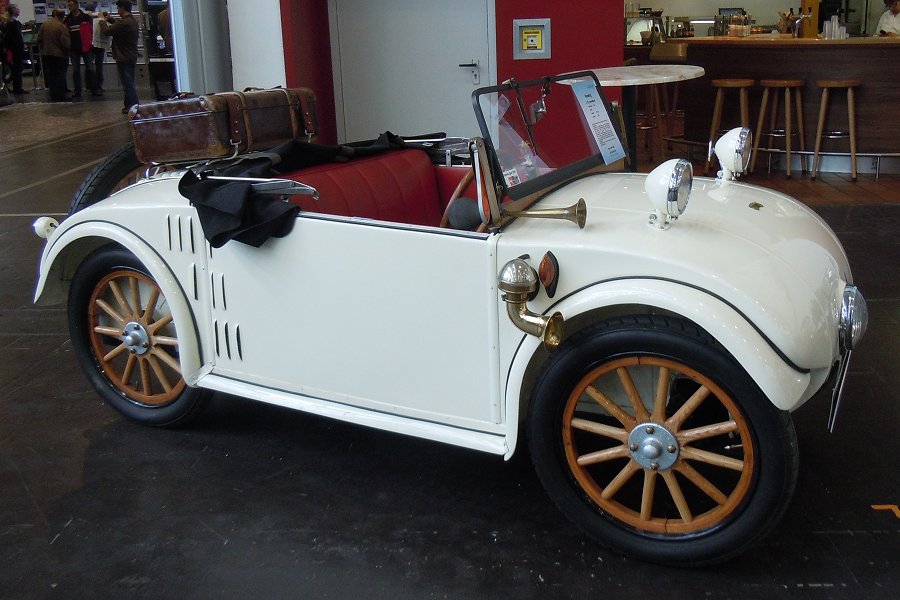
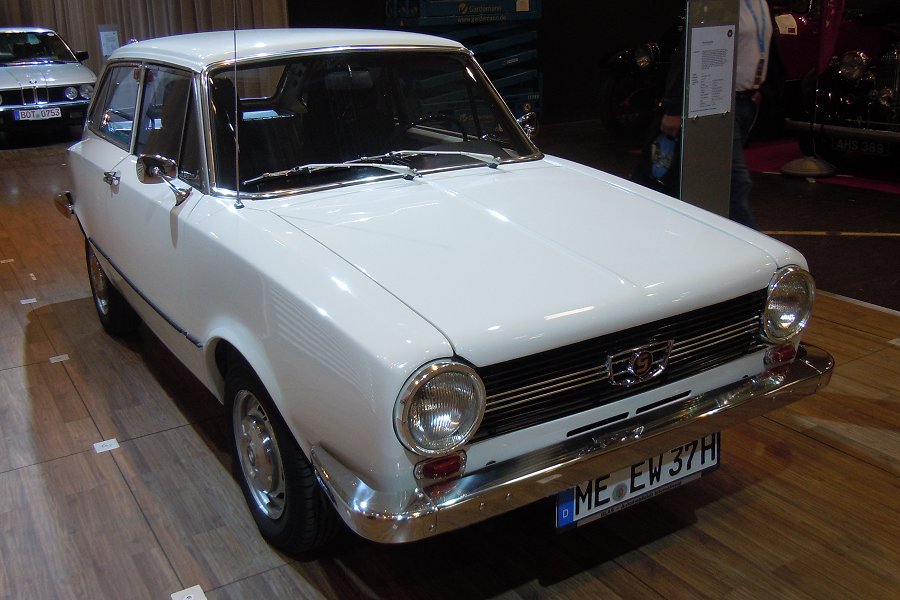
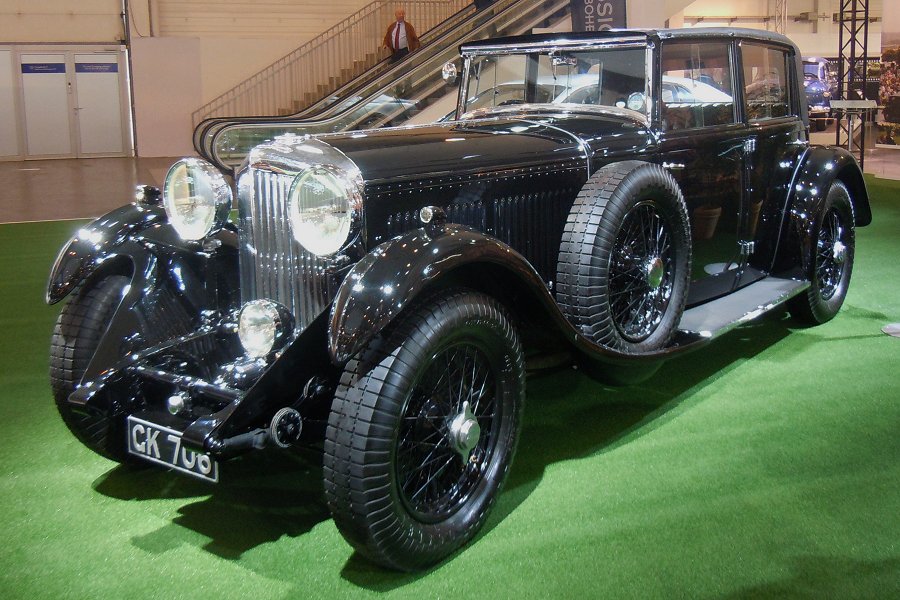
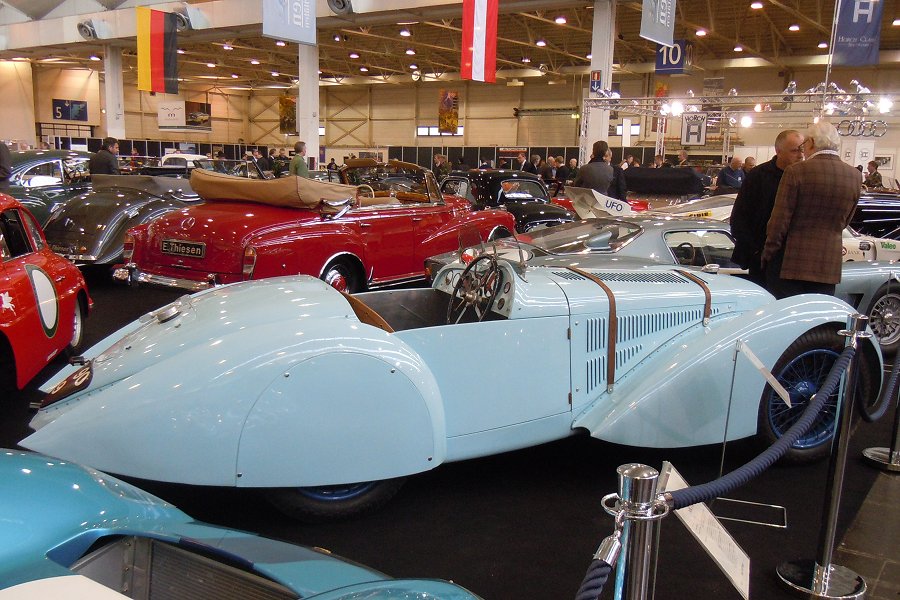
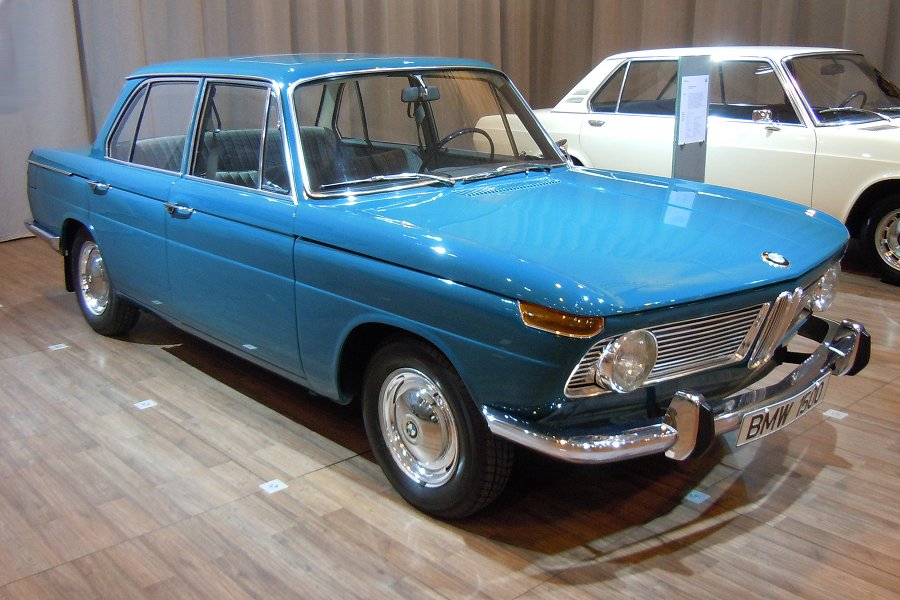
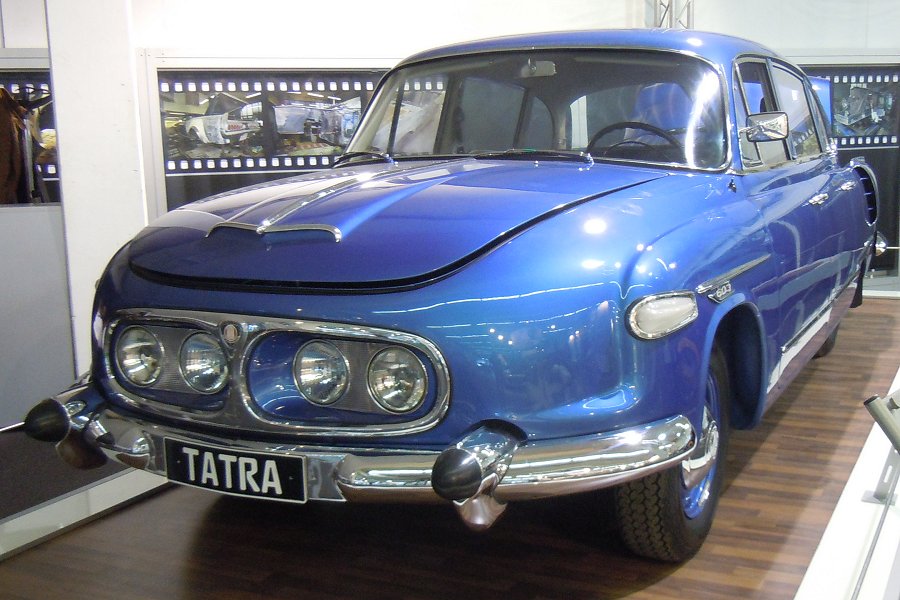
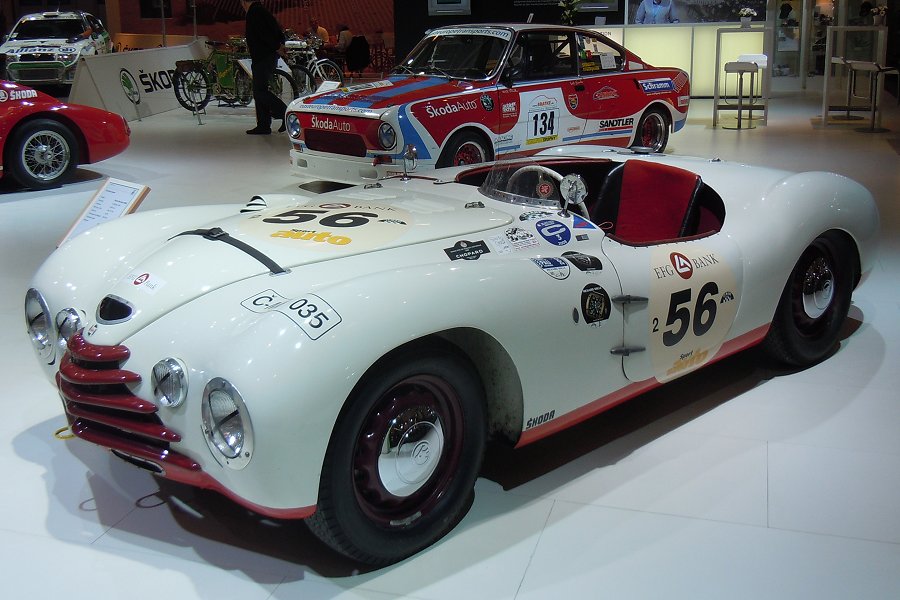
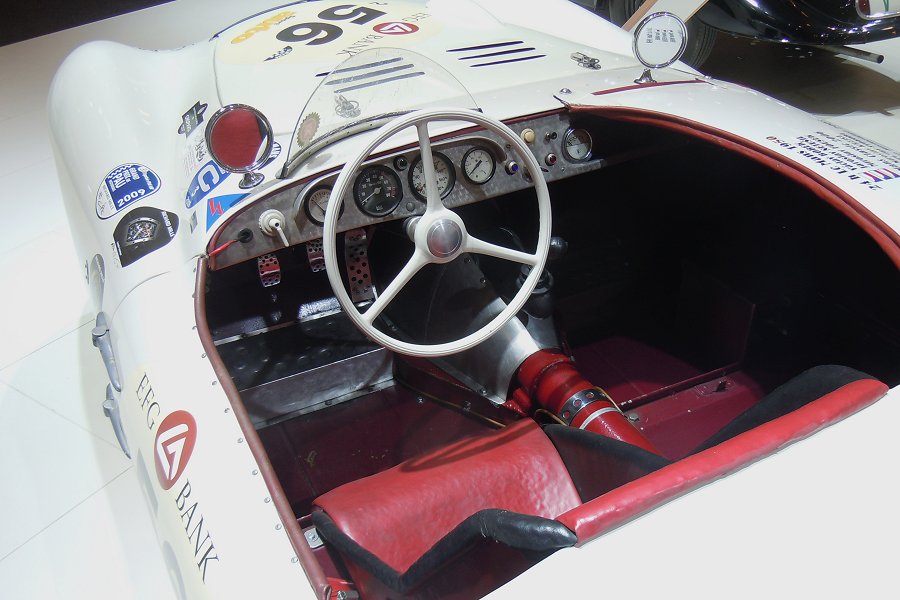
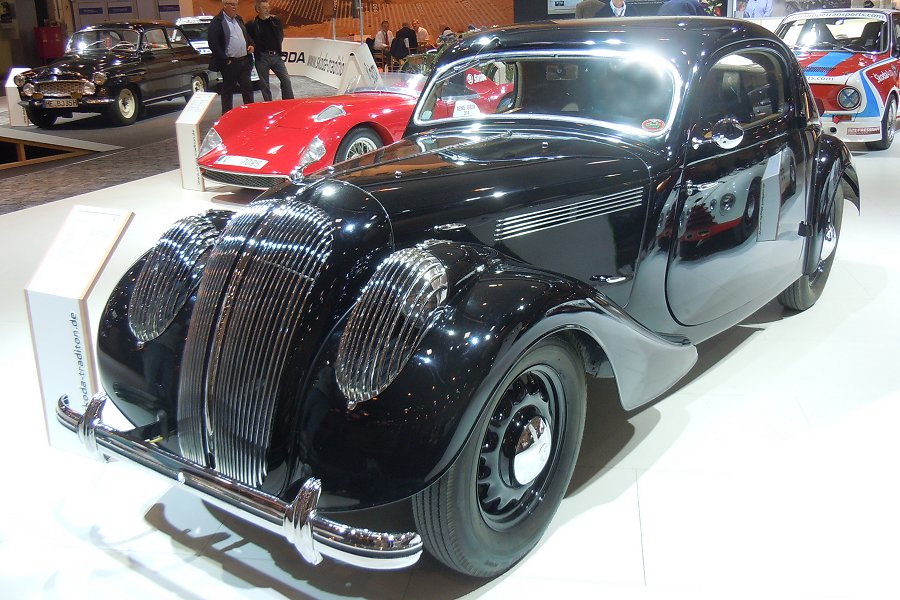
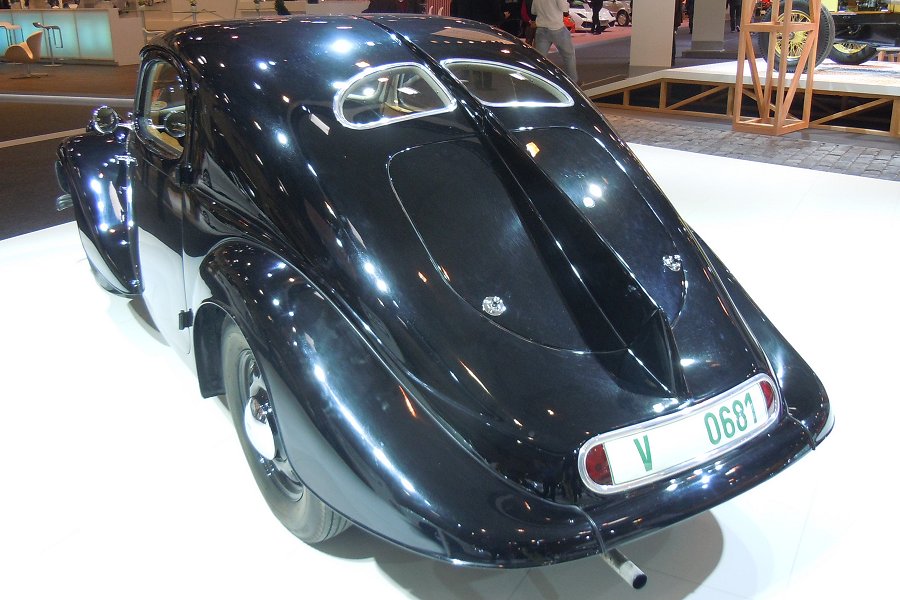
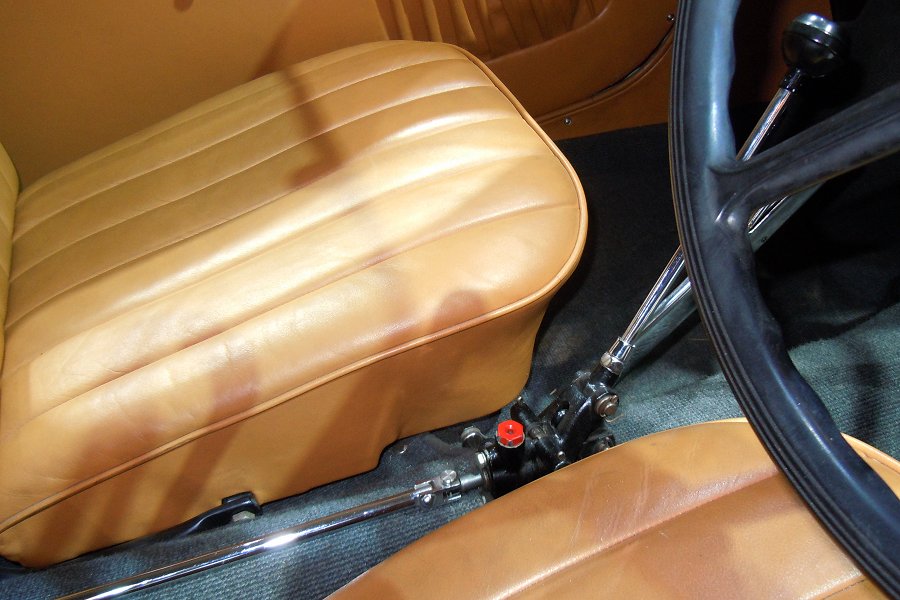
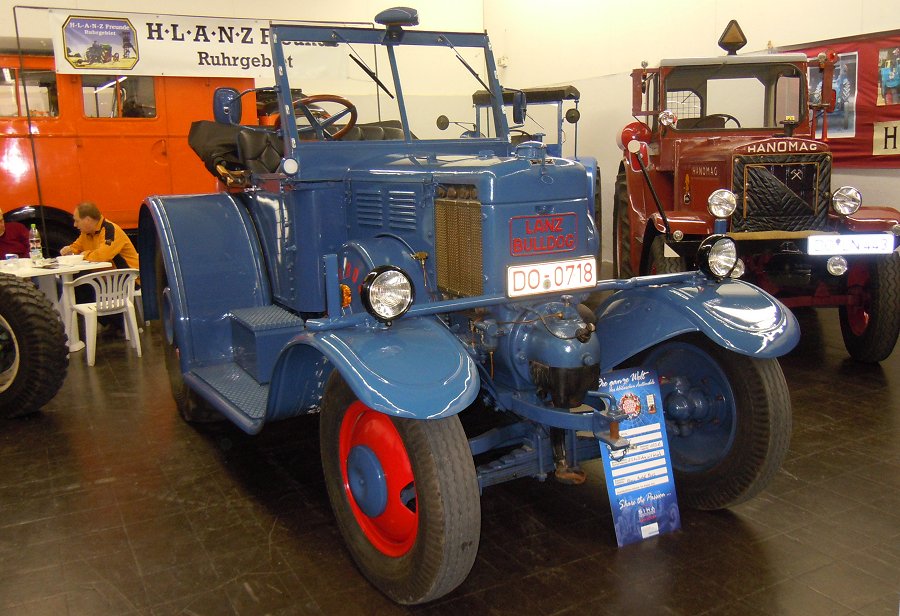
Brillant blog, look forward to reading more posts!